Roads and Transport Cabinet Secretary Davis Chirchir has announced that construction on the long-awaited dualing of the Rironi–Nakuru highway will begin before the end of August 2025.
Speaking during a Senate session on Wednesday, July 16, Chirchir said the project will be implemented under a Public-Private Partnership (PPP), with contractor evaluation currently underway.
“The Kenya National Highways Authority (KeNHA) will carry out the dualing under the PPP model. Contractors are now being assessed, and we expect to break ground by end of August, all going well,” he told the House.
While the Rironi–Nakuru section is ready to proceed, plans for the Nakuru–Eldoret leg are still in the pipeline, with timelines yet to be confirmed.
The CS also mentioned that the Rironi–Mai Mahiu–Naivasha road will serve as a bypass to help ease congestion on the busy highway.
Read More
Chirchir added that teams are already on the ground carrying out geo-technical tests to assess soil conditions along the proposed construction route.
“We’ve given them ten days to complete the drilling and tests,” he said, urging all involved stakeholders to expedite their responses so the project can move forward.
The Rironi–Nakuru–Eldoret highway is part of the Northern Corridor, a key transport route linking Nairobi with western Kenya and neighbouring countries, including Uganda, Rwanda, and South Sudan.
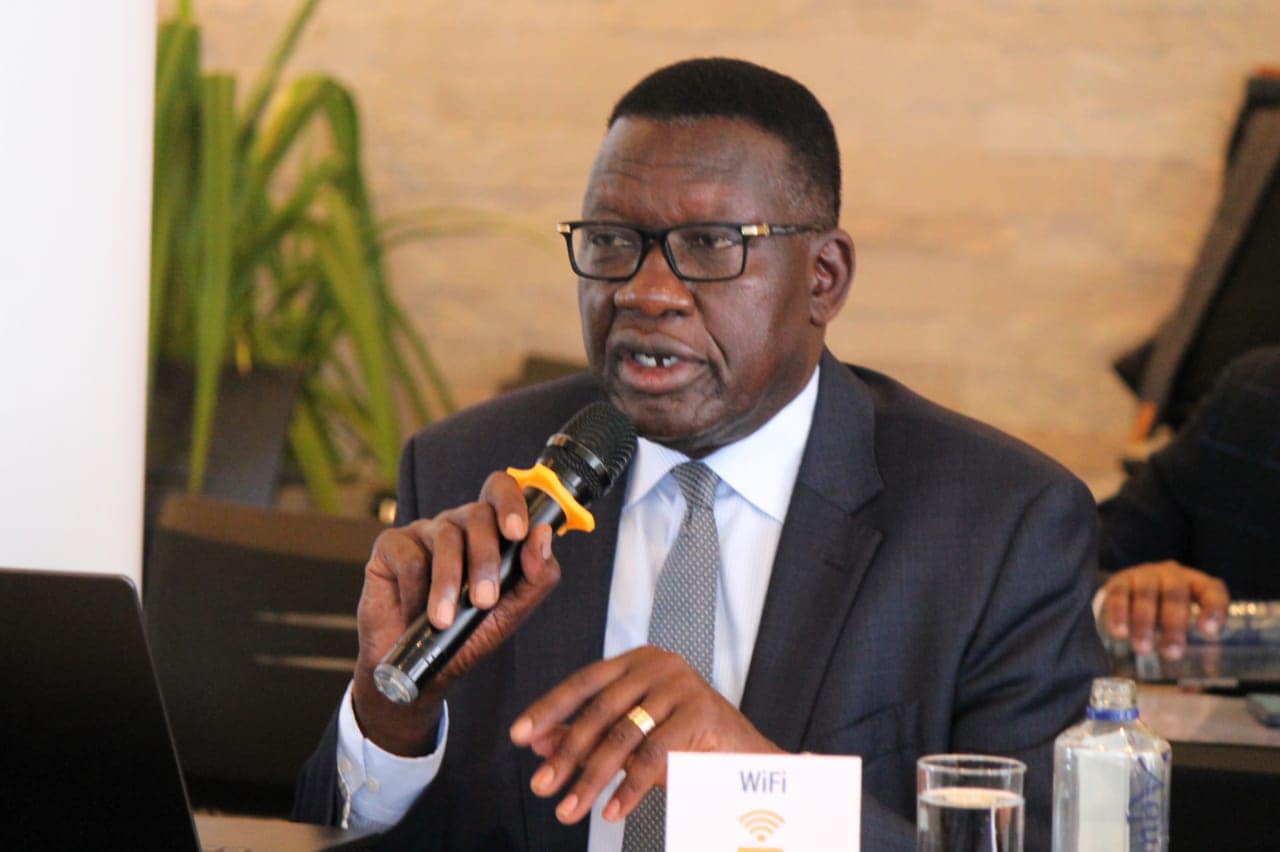 Transport CS Davis Chirchir. FILE
Transport CS Davis Chirchir. FILE
The dualing is expected to ease traffic congestion, improve safety, and reduce travel time for both commuters and long-distance transporters.
For years, road users and industry players have called for urgent upgrades to the route, citing worsening traffic, frequent accidents, and the economic importance of the corridor.
However, while news of progress was welcomed by many, some concerns were raised about how the project will be funded.
The government plans to toll certain sections of the highway as part of the PPP agreement, a move that has drawn criticism from motorists and lobby groups.
KeNHA has said toll rates will be guided by the National Tolling Policy and could be reviewed periodically in line with policy provisions.
Despite the pushback on tolling, many stakeholders agree that the road’s expansion is long overdue and crucial for supporting trade and movement across the region.
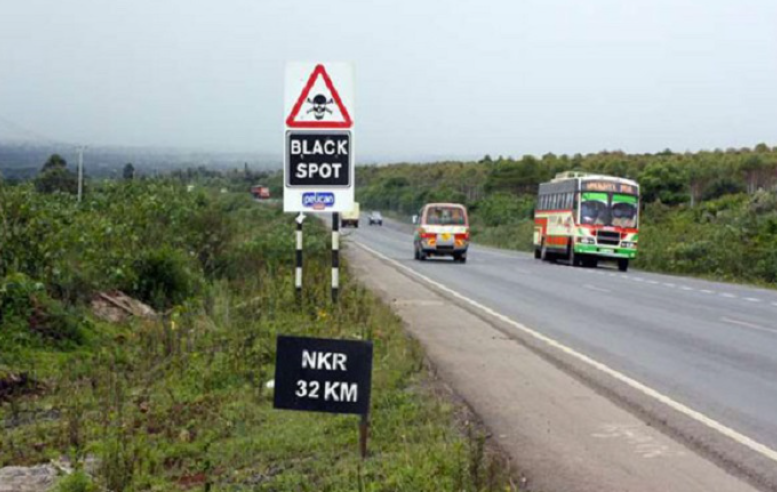
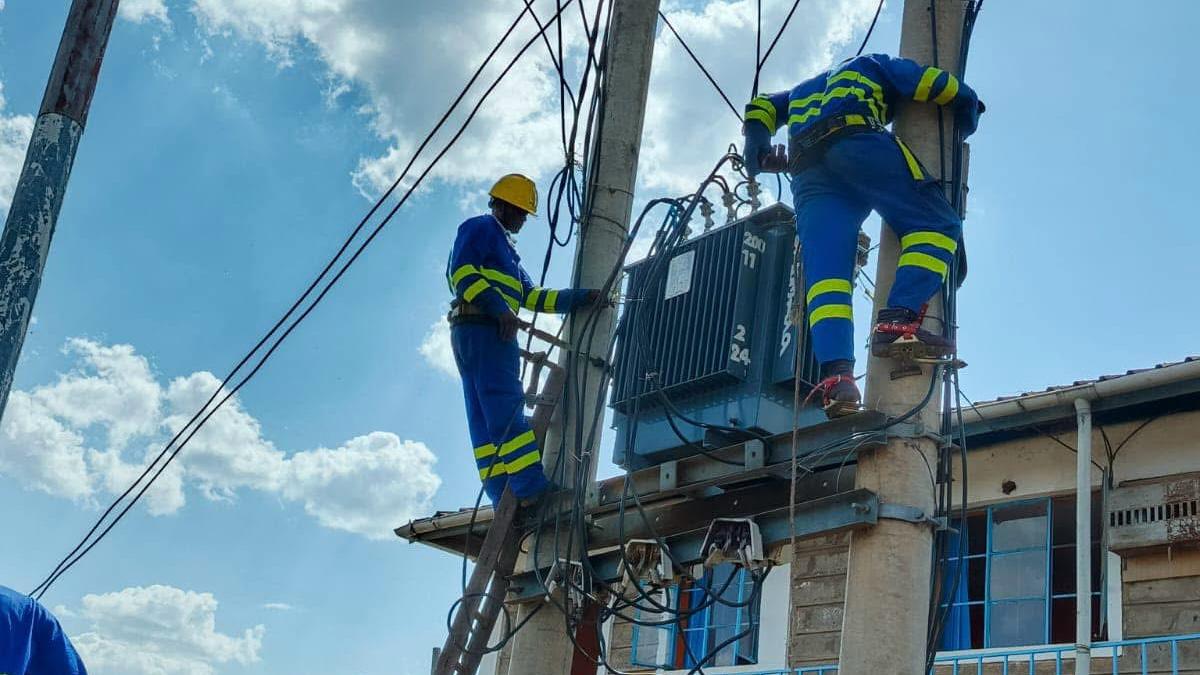
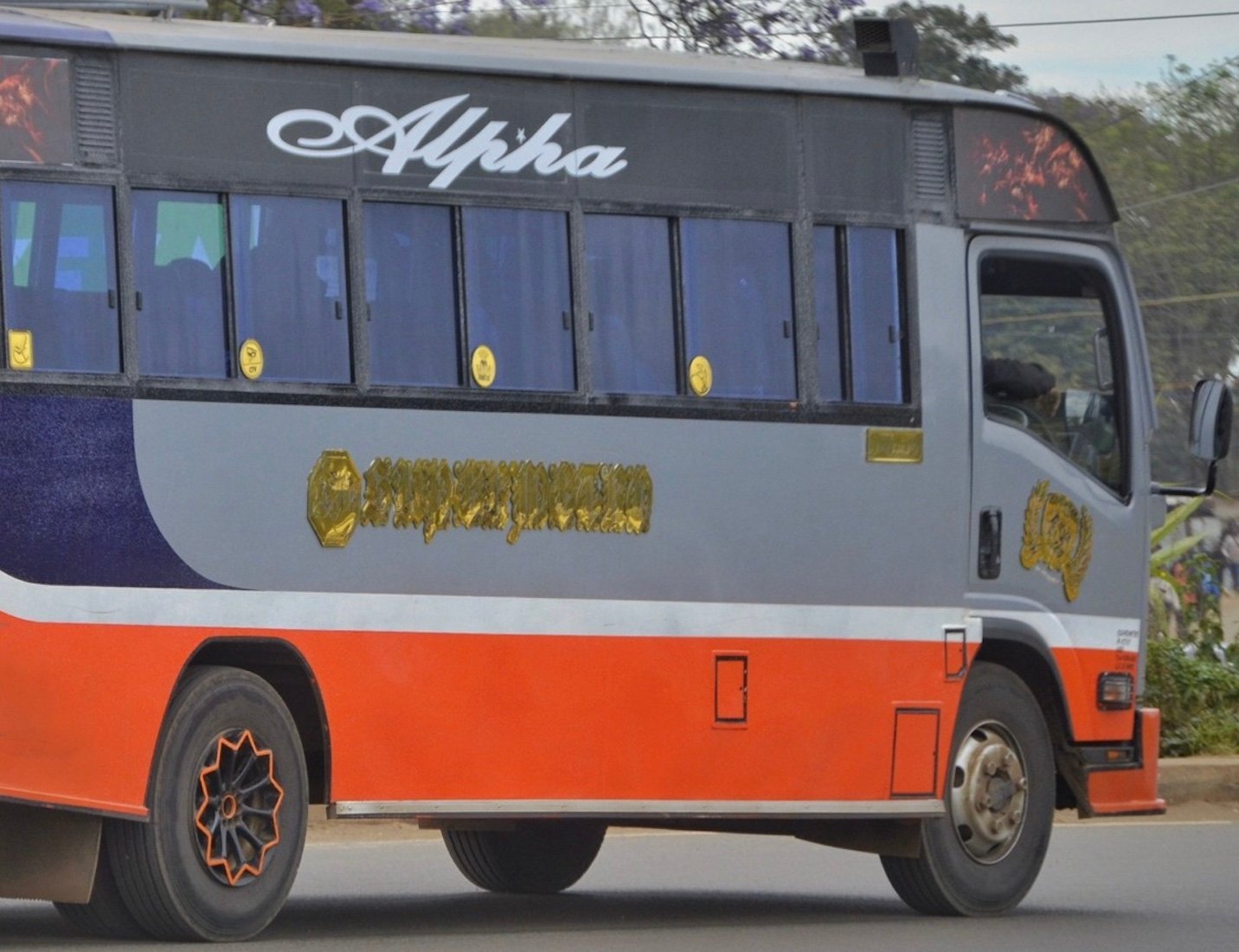

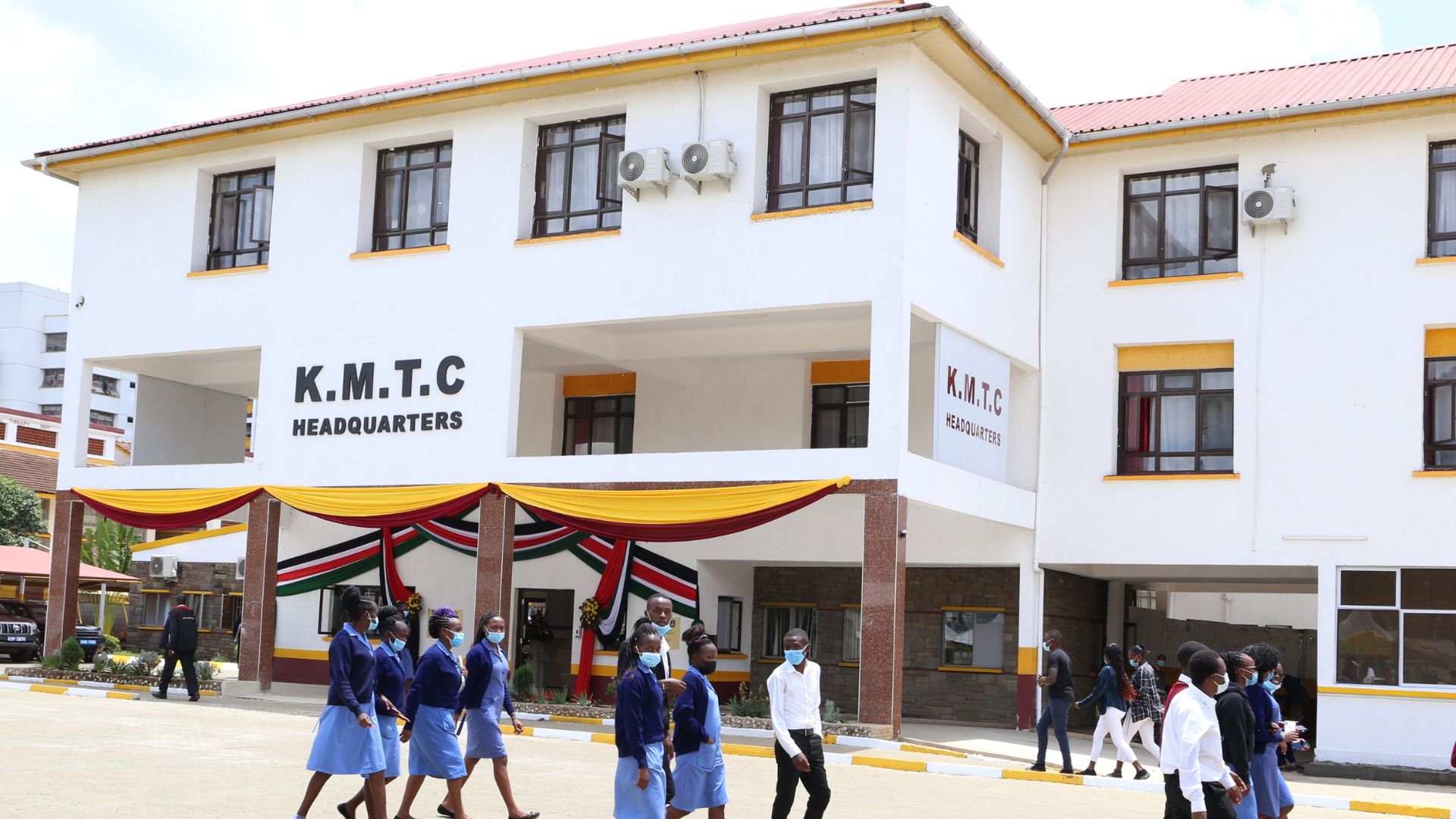
-1747120598-1755667473.jpg)
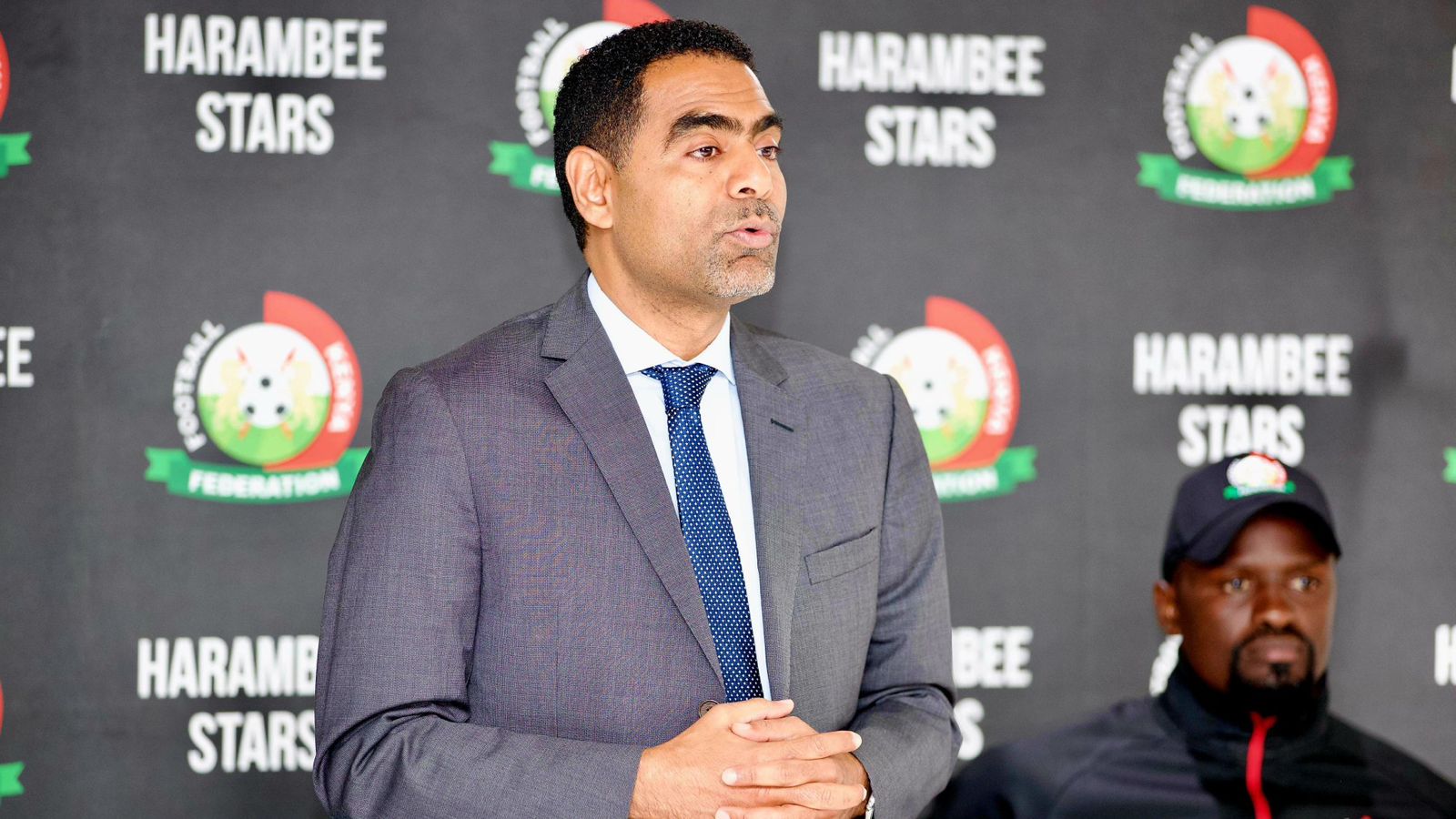
-1772106339.png)